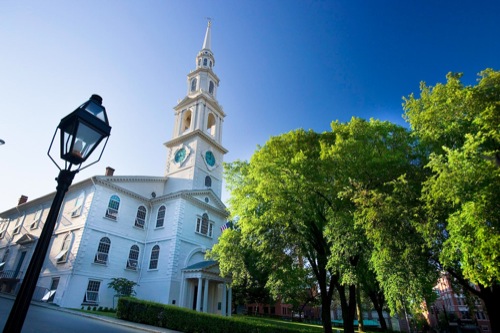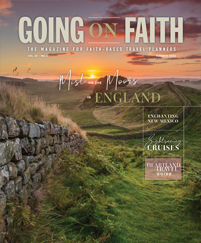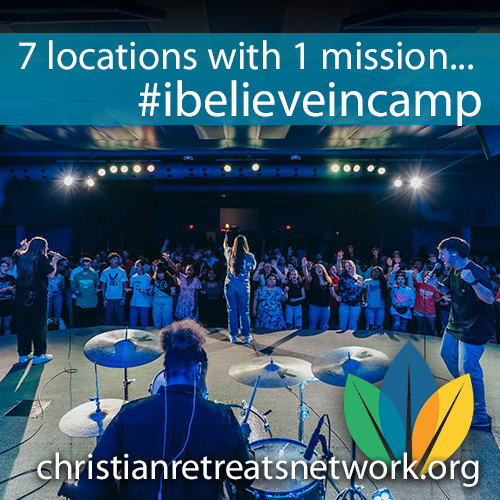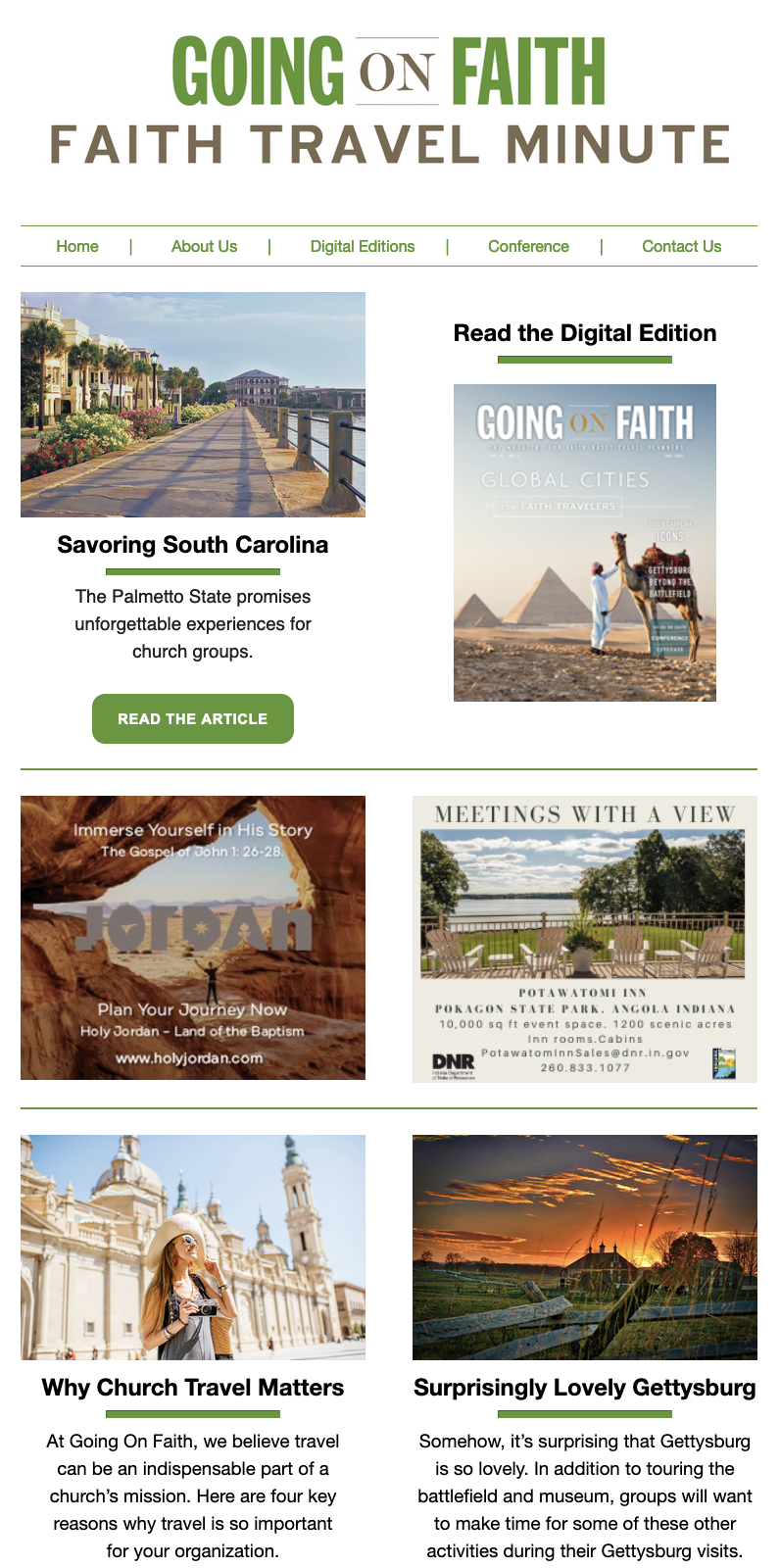
Courtesy Providence/Warwick CVB
[ Providence, Rhode Island ]
With more than 375 years of history to its name, Providence is rich with stories of religious significance and spiritual heritage. Whether it’s walking through the First Congregational (now Unitarian) Church that was constructed from 1815 to 1818 or strolling the Rhode Island School of Design Museum galleries devoted to Renaissance-era religious iconography, painting and sculpture, it’s easy for groups to soak in the depth of conviction around each corner.
“Our most famous religious figure would be Roger Williams, who founded both the city of Providence and Rhode Island, the state,” said Brian Hodge, communications and social media manager for the Providence Warwick Convention and Visitors Bureau. “Although he was a controversial figure during his lifetime, Williams’ legacy as a writer, theologian, philosopher and pioneer of the ‘American soul’ has since been, and continues to be, recognized and celebrated.”
To discover more of Williams’ legacy around town, groups can visit the First Baptist Church, which Williams founded in 1638, or see history come to life at the Roger Williams National Memorial.
[ Pennsylvania Dutch Country ]
With a history steeped in religious freedom resulting from William Penn’s “Holy Experiment,” Lancaster County is a natural and inspirational destination for faith-based groups. A haven to such groups as the Amish, the Mennonites, the Brethren, the Quakers, the Moravians, and many others, even Lancaster’s modern-day culture speaks volumes to the religious heritage of the area.
“Spiritual travelers to Lancaster enjoy a number of our visitor attractions, especially the Amish Experience, Amish Farm and House, and Amish Village, all of which do a wonderful job of interpreting the community and their customs,” said Audrey Bialas, director of tourism sales for the PA Dutch Convention and Visitors Bureau.
Bialas also recommends checking out the Ephrata Cloister, one of America’s earliest religious communities. Another great option for groups is a visit to the Lititz Moravian Church Square Archives and Museum, which displays musical instruments, paintings and artifacts dating back to the establishment of Lititz as a church community in 1756.










